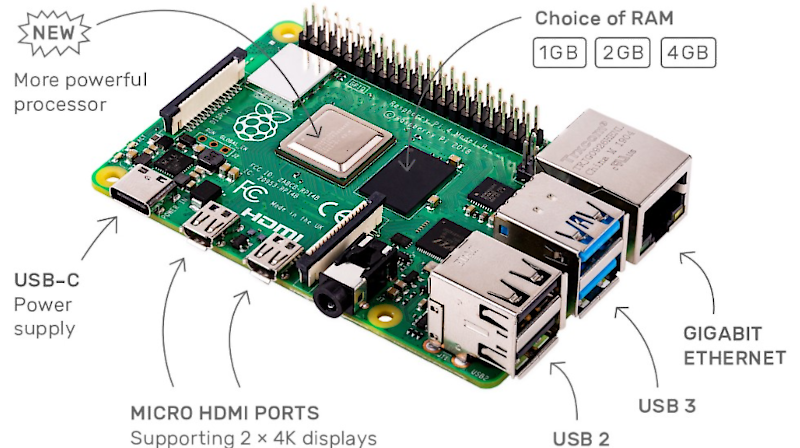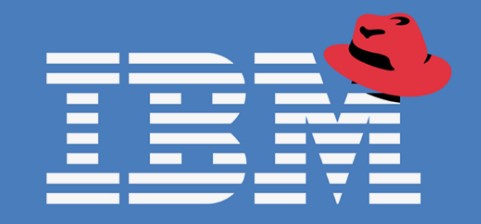 My ol’ buddy from where I used to work, the “other Computer Curmudgeon,” shared this with me. I had looked at it briefly many years ago, but he insisted I look again, to “break free of the evil collective that is Google!” Here’s what the folks at Brave say of themselves:
My ol’ buddy from where I used to work, the “other Computer Curmudgeon,” shared this with me. I had looked at it briefly many years ago, but he insisted I look again, to “break free of the evil collective that is Google!” Here’s what the folks at Brave say of themselves:
“You are not a product. Why use a browser that treats you like one? Enjoy private, secure and fast browsing with Brave.
Load pages 2x faster on desktop and up to 8x faster on mobile.
Watch Brave in action, head-to-head-to-head against Chrome and Firefox. Brave loads pages twice as fast out of the box with nothing to install, learn or manage.
Experience unparalleled privacy and security.
Brave fights malware and prevents tracking, keeping your information safe and secure. It’s our top priority.
We’re not in the personal data business.
Our servers neither see nor store your browsing data – it stays private, on your devices, until you delete it. Which means we won’t ever sell your data to third parties.
Customize your shield settings
Choose your settings on a per-site or browser-wide basis. See how many ads and trackers are being blocked by Brave every day on the New Tab Page.
Security meets simplicity
If you’re willing to research, download, and install multiple extensions, and carefully configure and correctly maintain settings in both the browser and extensions, you can match some of Brave’s privacy and security.
Brave does all that work for you. Simple, right?
Whenever possible, Brave automatically upgrades to HTTPS for secure, encrypted communications when an ordinary browser would use an insecure connection.
Defaults that matter
Browse confidently with default settings that block phishing, malware, and malvertising. Also, plugins, which have proven to be a security risk, are disabled by default.
Sync your devices bravely
Brave Sync, currently in beta, can be enabled to encrypt and synchronize your preferred settings and bookmarks. However, Brave does not have the keys to decrypt your data.
Features:
Shields
Ad blocking
Fingerprinting prevention
Cookie control
HTTPS upgrading
Block scripts
Per-site shield settings
Configurable global shield defaults
Tabs & Windows
Private Windows
Pinned Tabs
Auto-unload
Drag and drop
Duplicate
Close Options
Find on page
Print page
Address Bar
Add Bookmark
Autosuggest URLs
Search from address bar
Autosuggest search terms
Show/hide bookmarks toolbar
Show secure or insecure site
Security
Clear browsing data
Built-in password manager
Form autofill
Control content access to full-screen presentation
Control site access to autoplay media
Send “Do not track” with browsing requests
Search
Choose default search engine
Use keyboard shortcuts for alternate search engines
Option to use DuckDuckGo for private window search
Extensions/Plugins
Brave Desktop now supports most of the Chrome extensions in the chrome web store”
I was able to add back in my favorite Google Chrome extensions:
LastPass
Adblock Plus
ColorZilla
Slick RSS
uBlock Origin
Privacy Badger
minerBlock
My buddy likes that it disables auto-play on videos and such… a much quieter experience! There is also the fact that Google has been discovered to value certain search results over others that reflect their political views. You can be swayed in your opinions if you “believe” Google results out-of-hand. I find this quite disturbing! A search engine should be totally neutral when it comes to reporting results. Maybe it is also time to look at “Duck Duck Go” as well!
It also has a built-in BitTorrent client that is safe, and easy to use. I used it while downloading the latest version of Ubuntu Server to install. Pretty cool! This browser gives you greater safety, and greater personal control.
Boy, do I feel safe now! I have made Brave my default browser now! I have been using it for a while! Everything I need to do works. Check this one out!




 This is one I thought would be a LONG ways off, but look at this! True, it is only a photon, but you gotta start somewhere!
This is one I thought would be a LONG ways off, but look at this! True, it is only a photon, but you gotta start somewhere! Why? Stupid comes to mind. You are not safe!
Why? Stupid comes to mind. You are not safe!

 My ol’ buddy from where I used to work, the “other Computer Curmudgeon,” shared this with me. I had looked at it briefly many years ago, but he insisted I look again, to “break free of the evil collective that is Google!” Here’s what the folks at Brave say of themselves:
My ol’ buddy from where I used to work, the “other Computer Curmudgeon,” shared this with me. I had looked at it briefly many years ago, but he insisted I look again, to “break free of the evil collective that is Google!” Here’s what the folks at Brave say of themselves: